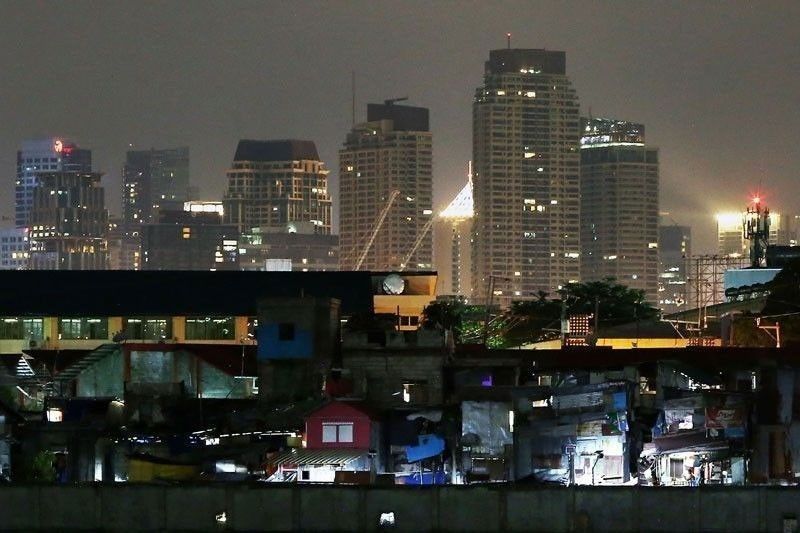Inflation seen to remain above 6% for most of H2

MANILA, Philippines — The Philippine economy is expected to remain strong and weather the global economic slowdown, even as inflation is seen to remain above six percent for much of the second half of the year, according to First Metro Investment Corp. (FMIC) and the University of Asia and the Pacific (UA&P).
“Overall, we see the economy strong enough after the H1 (first half) GDP (gross domestic product) expansion of 7.8 percent, ” FMIC and UA&P said in their Market Call report for August released yesterday.
FMIC and UA&P said the 7.4 percent GDP growth in the second quarter should contribute to the expected six to seven percent full-year economic expansion.
The full-year GDP forecast is slightly lower than the government’s 6.5 to 7.5 percent target for the year.
Last year, the country posted 5.7 percent GDP growth.
While it is unlikely for the country to see a repeat of its above-average economic performance in the first half in the absence of heavy election spending, FMIC and UA&P said growth is expected to be supported by the close to one million jobs added in May and June.
Aside from additional jobs, the peso depreciation, which benefits overseas Filipino workers (OFWs)’ families, business process outsourcing employees, exporters and their suppliers, is seen to offset an expected weakening of consumer spending among a third of the population battered by high inflation.
Headline inflation rose to 6.4 percent in July, the highest level in nearly four years, as food and transport posted faster upticks.
For the first half, inflation averaged 4.7 percent, above the central bank’s two to four percent target range.
“While crude oil prices have stuck below $100/barrel, the upward price effect on other consumer items since its earlier sharp runup this year may linger on for another three to four months, and so headline inflation will likely remain above six percent for most of H2 (second half),” FMIC and UA&P said.
FMIC and UA&P said the economy would also be supported by national government spending, which still has room for expansion with some 60 percent of targeted full-year budget deficit unutilized.
“The continuation of easing of alert levels, removal of tourism restrictions, return to work and school, among other initiatives should support the economy, which shows gradual recovery with respect to pre-pandemic performance,” the report said.
FMIC and UA&P also said that while the peso may recover a bit in the fourth quarter due to OFW remittances, the expected large increases in US Fed policy rate hikes for the rest of the year would keep the pressure on the local currency.
- Latest
- Trending





























